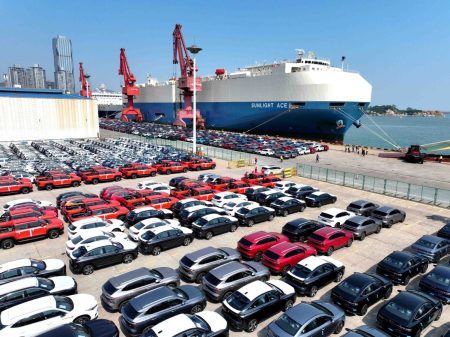Starbucks is exploring options to reshape its China business by reaching out to private equity firms, technology companies, and other investors. The coffee chain recently contacted several potential partners through a financial adviser to gather feedback on how to grow and develop its operations in China. A possible transaction could value Starbucks’ China assets at several billion dollars. The talks are currently private and no final decision has been made.
China remains Starbucks’ second-largest market, with more than 7,750 stores as of March 2025. The company generated about $740 million in net revenue from China during the first quarter of the year. However, local competitors like Luckin Coffee are expanding rapidly, reporting $1.2 billion in net revenue during the same period. The increasing presence of homegrown coffee brands is creating pressure on Starbucks’ market share.
Economic challenges have also affected Starbucks’ performance in China. Slower economic growth and changing consumer behaviors are forcing the company to adjust its strategy. These factors, combined with rising competition, have led Starbucks to consider partnerships or stake sales to better position itself in the market.
Starbucks expects to receive feedback from interested bidders in the coming weeks but may decide not to proceed with any deal. The company has publicly reaffirmed its long-term commitment to the China market while exploring new ways to sustain growth. Adjustments to product offerings and pricing strategies have shown some positive results.
Other global food and beverage companies, such as McDonald’s and Yum! Brands, have previously sold stakes in their China operations to private equity firms. These deals helped them better meet local tastes and expand more efficiently. Starbucks’ potential move follows this trend of foreign firms partnering with local investors to adapt to the Chinese market.
If Starbucks proceeds with a stake sale or partnership, it could provide new investment and strategic support for the company’s China business. This may improve its ability to compete with fast-growing local brands and navigate economic headwinds. The Chinese coffee market is expected to grow steadily over the coming years despite short-term challenges.
Investors and market watchers will be paying close attention to how Starbucks evolves its approach in China. While the company has a strong brand presence, success will depend on its ability to innovate and respond to local consumer preferences. Expanding product choices and enhancing digital engagement are key areas for potential growth.















